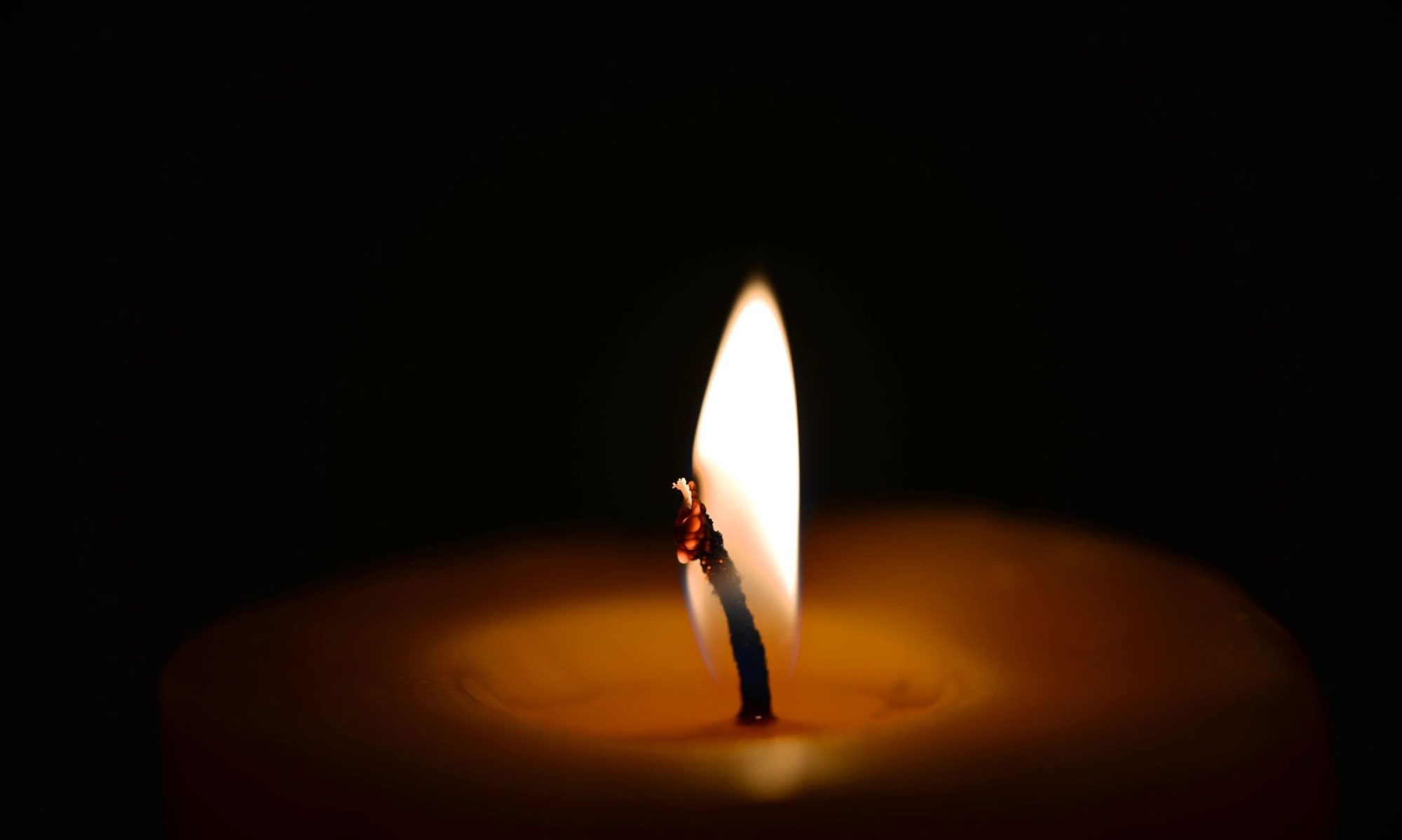As an Asian American, I am aware that my community does not engage nearly enough on issues of racial justice in America. We tend to embrace our status as the model minority and seek to dissociate ourselves from other communities of color. As immigrants and perpetual foreigners, we are constantly reaching for whiteness in the hopes that securing white privilege will signify that we have finally realized the American Dream.
And sometimes, America lets us in. We are praised for being hardworking and good at math. And we have been largely spared from the systemic violence faced by Black America for the past four centuries through slavery, segregation, redlining, mass incarceration, and police brutality.
But our access to white privilege is both temporary and conditional. The power to confer and revoke that privilege has never belonged to us. They can let us in, and they can shut us out. The U.S. once banned all Chinese immigrants from entering the country for more than 60 years and incarcerated more than 100,000 Japanese Americans during WWII (but not a single German American).
Our access to white privilege is incomplete. We are stereotyped as workers and middle managers, not CEOs (we’re just not natural leaders). Our women are hypersexualized (relax, it’s a compliment), and our men are desexualized (relax, it’s just a joke). Sometimes we even get to be sidekicks on TV shows.
Most critically, our access to white privilege is bounded by a zero-sum game that pits the Asian American community against other communities of color. Today, Asian Americans are a pawn in the campaign against affirmative action, a legal remedy that seeks to reverse the effects of institutional racism against Black and Brown America. We are told that affirmative action benefits underrepresented minorities at our expense. We are not told that affirmative action policies are designed to preserve the white majority (or plurality) at our expense — redistributing a minority of seats between Asian Americans and other people of color. This zero-sum game is critical because it keeps us occupied with hostility toward other communities of color, distracting us from challenging white supremacist institutions.
And so we use our political energies to protest the wrong things. It was shameful that thousands of Asian Americans protested the conviction of NYPD officer Peter Liang for killing Akai Gurley, an unarmed Black man. Instead of being angry at the fact that Liang was (rightfully) convicted of manslaughter, we should have been angry at the fact that almost no other police officers have been indicted — much less convicted — for killing unarmed Black people in this country.
Asian America has an important role to play in #BlackLivesMatter. But first we must decolonize our minds and reject the anti-Blackness we have internalized from our Asian and American cultures. We must learn to see ourselves as people of color (without reductively equating our experiences with those of all people of color). And we must acknowledge the many ways in which we are complicit in upholding the white supremacist structures of this country — in our selective sexual desires, our disdain for melanin, our antipathy toward affirmative action, and our fear of and contempt for low-income Black and Brown communities.
Asian Americans have so much power in our collective voice. We have the power to mobilize and advocate on issues that uniquely affect the Asian American community. And we have the power to stand in solidarity with our Black and Brown sisters and brothers to advocate on issues that matter to all people of color. We can join together to work toward our common goal of an American Dream that opens its doors for everyone.
